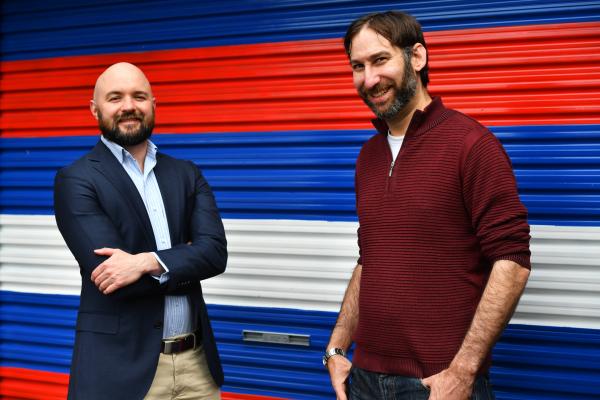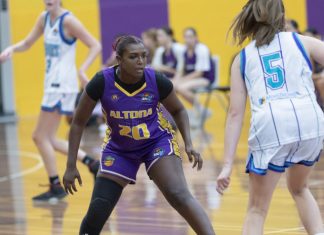Goya Dmytryshchak
Yarraville’s Noah Riseman is a finalist in the Victorian Community History Awards for the first overview of the history of trans and gender diverse people in the state.
Presented by Public Record Office Victoria and the Royal Historical Society of Victoria, the awards recognise the work of individuals and organisations that preserves and shares Victoria’s history.
Riseman’s report, Victoria’s Transgender History, was published by Transgender Victoria and has been shortlisted in categories including the Victorian Premier’s History Award.
“I’m a historian based at Australian Catholic University and the last few years I’ve been conducting a project on the history of transgender people in Australia since the early 20th century,” he said.
“The project’s been looking at the changing legal, medical, social, media and, most importantly, lived experiences of trans and gender diverse people.
“I’ve been looking at old newspapers, legal cases, lots of stuff in the Australian Queer Archives – but especially oral history interviews, which have been absolutely vital, with members of the community.”
Dr Riseman said he was motivated to do the report after previously researching the history of LGBTI people in the Australian Defence Force.
“Doing that project, I interviewed about a dozen trans members of the defence force, past and present, and one thing that became really clear through that project was you can’t understand the experiences of trans people in one institution like the ADF without knowing the much broader context, the much broader history.”
One person interviewed for the report is Kingsville’s Jeremy Wiggins, a transgender community member and co-chair of the Victorian Government Trans and Gender Diverse expert advisory group. The Churchill Fellow in trans health has established award-winning health services for trans people.
“I was assigned female at birth but didn’t feel like that gender identity was congruent with the way that I felt so I when I learnt that it was possible to affirm your gender through gender affirmation processes I affirmed my gender in my early 20s,” he said.
“That was over 15 years ago.
“I think it’s great that someone has dedicated time and resources to document the history of activism and work in this space because it’s important to know what has occurred and who has been involved to respect their contributions but to also see what policy changes have occurred within a human rights framework for our communities over time.
“A lot of what we have now is because of the hard work of lots of volunteers and individuals and activists over the decades.”
Transgender Victoria chief executive Mama Alto said Dr Riseman’s report redressed many gaps in history.
“As is the case for many marginalised groups of people, the histories of trans and gender diverse individuals and communities are often erased, silenced or obscured,” she said.
“Dr Noah Riseman’s work … not only goes a long way towards redressing those ‘gaps’ in histories specific to our communities but in doing so also represents a significant achievement in documenting the social history of this state more broadly.
“As well as the comprehensively researched and detailed report of trans histories, the introductory essay addressing the challenges and nuances of ‘historicising transgender’ is itself an important and landmark contribution to LGBTQIA+ historiography.”
To view the report, visit tgv.org.au/victorias-transgender-history-report








